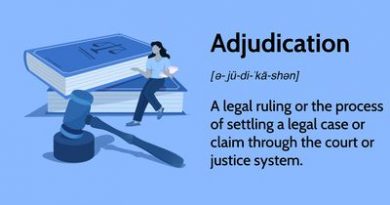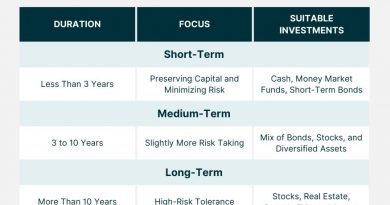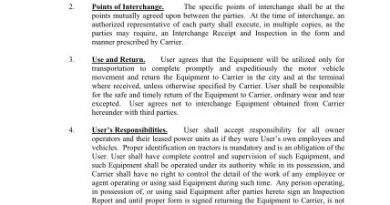Freelance Economy Meaning Pros and Cons Example

Freelance Economy: Meaning, Pros and Cons, Example
What Is the Freelance Economy?
The term freelance economy refers to a labor market of short-term contracts. Companies hire self-employed workers for specific jobs in return for payment, rather than offering permanent positions. These temporary workers are called freelancers and may find jobs through various means.
Key Takeaways
– The freelance economy involves hiring self-employed workers for specific jobs in return for payment.
– Freelancers work for an agreed-upon price with clients.
– Freelancers must pay their own taxes and generally don’t receive benefits like vacation time, sick days, health insurance, or retirement benefits.
– Benefits of working in the freelance economy include flexible hours.
– Drawbacks of being a freelancer include a larger tax bill.
How the Freelance Economy Works
The freelance economy is a portion of the labor market where companies hire self-employed individuals for certain duties or projects instead of permanent employees. Freelancers agree on a fee upfront with their clients and send invoices when the work is complete.
Freelancers can work as many hours as they like. Some work full-time, balancing multiple jobs for various clients or companies. Others work part-time, earning extra income alongside a full-time job.
Freelancers are considered independent contractors and are responsible for their own taxes, health insurance, and pension contributions. They are not eligible for vacation benefits or sick leave. Companies benefit from hiring independent contractors because it saves them money on additional benefits.
Freelancing is common in fields like technology, education, journalism and media, medical and health, commercial design, hotel management like Airbnb, and taxi driving and ridesharing.
Special Considerations
The number of people participating in the freelance economy has skyrocketed. In 2021, 36% of the American workforce consisted of freelancers, contributing $1.3 trillion to the nation’s economy.
The shift toward self-employment can be attributed to factors like an uncertain economic climate, demand for flexible working hours, corporate cost savings, and digitalization. The internet has made remote work more accessible, especially after the COVID-19 pandemic. Upwork reports that as many as 67% of freelancers feel positive about their careers.
The government imposes penalties on companies that misclassify full-time employees as freelance consultants. Legitimate freelancers work off-site, with multiple clients, and are not recent employees of the hiring firm.
Advantages and Disadvantages of the Freelance Economy
Advantages:
– Gives individuals the opportunity to pursue livelihoods that were traditionally harder to enter.
– Offers flexible hours and the chance to work from home.
– Allows freelancers to deduct business expenses from their earnings, reducing their taxes.
– Corporations save money on benefits by hiring freelancers.
Disadvantages:
– Freelancers must purchase expensive health insurance and do not receive vacation or sick leave.
– They pay higher self-employment taxes and lack retirement benefits.
– The freelance economy has contributed to larger issues like housing shortages and stagnant wages.
Example of the Freelance Economy
Ridesharing companies like Lyft and Uber provide opportunities for individuals to earn extra income. By meeting certain criteria and becoming a freelance ridesharing driver, you can choose your own schedule. However, you are responsible for paying your own taxes, do not receive vacation or retirement benefits, and must provide your own vehicle and insurance.



